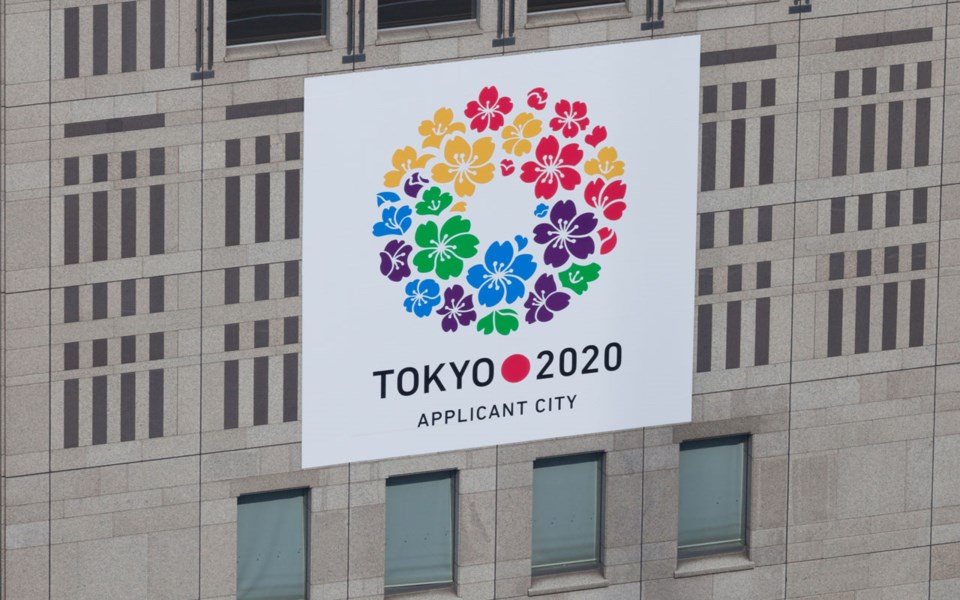This week, we learned of the federal rollout plan for the two vaccines currently being used to inoculate Canadians against the coronavirus—Pfizer-BioNTech and Moderna.
On the new federal website, Canadians can see exactly how many more doses are intended to arrive each week. The charts show the number of vaccine doses each province can expect to have delivered every week until the end up February, with arrivals increasing every week.
As of Jan. 7, B.C. has received 71,200 doses, with 50,700 being Pfizer-BioNTech and the rest Moderna. Canada has received 548,950 doses—380,250 from Pfizer-BioNTech and 168,700 from Moderna, as of last Thursday. The federal government has stated that it expects that any Canadian who wants a vaccine will be able to get one by September.
Some concerns have been voiced recently about the trickle of Moderna vaccine to B.C., but the province’s chief health officer, Dr. Bonnie Henry, said on Jan. 11, “…Let me be clear: Everyone will have their turn. The focus is on these core groups between now and the end of March. We expect more vaccines and more vaccines to be approved for use.”
Indeed, I would argue the provinces are doing the right thing by allowing the Moderna vaccine to be hived off to vaccinate populations that are difficult to reach considering it can be stored and shipped more easily that the Pfizer-BioNTech one.
With news around the vaccines top of mind in the last couple of weeks, it was hardly surprising that they have come up in the context of sports as well.
It may not have crossed your minds, but it is only six months until the rescheduled Olympic and Paralympic Summer Games. They are set to open July 23 in Tokyo, Japan.
Long-time International Olympic Committee (IOC) member Canadian Dick Pound, who is chair of the board of the Olympic Broadcasting Services, got caught in some crosshairs last week when he suggested it would be OK if athletes jumped the queue and got vaccinated in time to compete.
Pound, the longest-serving member of the IOC, told the U.K.’s Sky News: “In Canada where we might have 300 or 400 athletes—to take 300 or 400 vaccines out of several million in order to have Canada represented at an international event of this stature, character and level—I don’t think there would be any kind of a public outcry about that. It’s a decision for each country to make and there will be people saying they are jumping the queue but I think that is the most realistic way of it going ahead.”
IOC President Thomas Bach has said that athletes will not need to be vaccinated to compete.
Olympic hopefuls, including Canadians, were quick to react rejecting the idea that they head to the front of the line to be vaccinated as Pound suggested.
Reigning Olympic wrestling gold medallist, Canadian Erica Wiebe, told CBC that the idea instantly made her think of her parents.
“Would I want to get vaccinated before my mum and dad?” she said to CBC.
“They’re actually planning on going to Tokyo with me, and they hope to be vaccinated prior, but they’re in an at-risk population.
“So, if I had the choice, no, I wouldn’t want to be prioritized over them.”
On social media she wrote: “I want to represent Canada in Tokyo. I want to continue to inspire the next generation of young boys and girls. But I need my community to be safe first and that means a measured, risk-based vaccination plan.”
One has to question if these Games should even go ahead.
Japan recently declared a state of emergency in several prefectures, including Tokyo, due to the pandemic. While its death toll is relatively low, 3,800 in a nation of 126 million people at time of writing, it is currently experiencing another surge of COVID-19 not unlike Canada.
On Monday (Jan. 11), the Associated Press news wire reported that a poll conducted this week found that 81 per cent said the Games should not be held.
Added to this dilemma of hosting a mega-event, which draws thousands of people from nations around the world, is the staggering cost of these Games.
Japan says it’s officially spending US$15.4 billion to organize the Games (up from its bid of US$7.3 billion). But government audits suggest the cost is closer to US$25 billion. All but US$6.7 billion is public money. Over and above this, the delay is reported in Japan to cost US$2 to $3 billion. The IOC has said it will chip in about US$830 million toward the delay but has given few specifics.
A University of Oxford study found these are the most expensive Summer Olympics on record. The Rio de Janeiro Summer Olympics in 2016 were US$13.2 billion.
Stop and imagine for a moment the good that type of funding could do in getting vaccine to those countries in the world that are struggling right now.
We should not be condoning a Games this expensive at a time like this.




